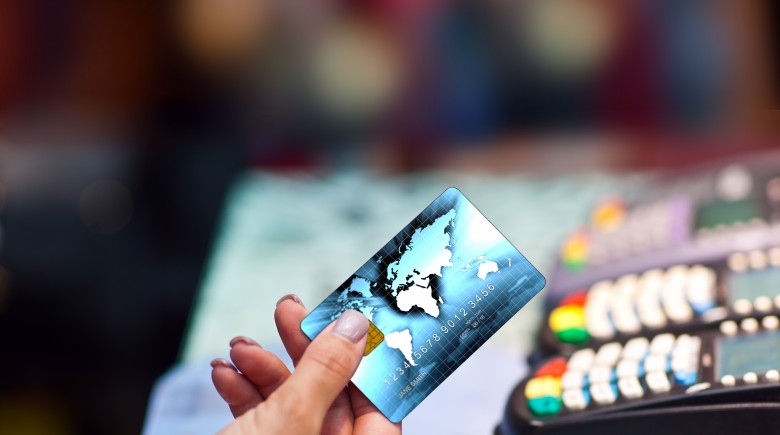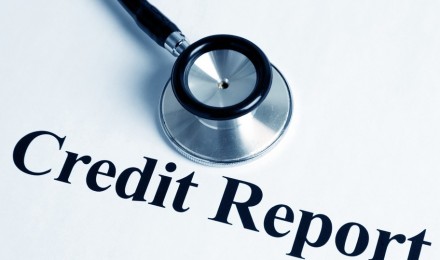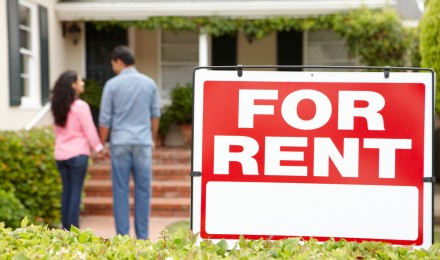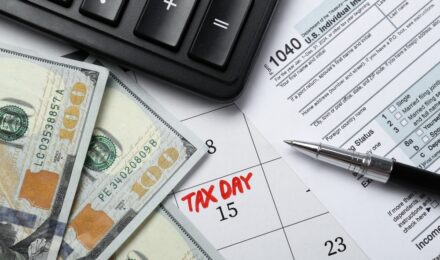There are no rules dictating how many credit cards you need in your name. Some people are fine with just one card, whereas others feel that multiple cards are a good fit. It really boils down to your lifestyle and how often you use credit cards.
The more credit cards in your possession, the higher your risk of accumulating debt, and some personal finance experts caution against acquiring too many cards.
But even if you lean on the side of caution and feel that you can get by with a single credit card, there are reasons that justify signing up for a new card.
Reasons #1: You’re in the process of establishing your credit score.
If you’re looking to establish credit, applying for a credit card is a good start. Make your credit card payment on time each month, keep your balance reasonably low, and you’ll add positive activity to your credit report, which builds your FICO score.
However, it might take more than a single credit account to build a strong credit score. Having multiple cards in your name demonstrates your ability to manage credit well, which looks good from a lender’s standpoint.
I recommend having at least two cards,” says Nancy Anderson, CFP with LearnVest Planning Services. “If you have one card that you’ve already built, maybe add a retail or gas card, and put something on it regularly. Then pay it off every month to help further establish credit.”
Reasons #2: You’re paying a high interest rate on your current cards.
When was the last time you checked the interest rate on your credit cards? If you pay off your balances in full each month, a high rate won’t hit your pocket too hard. But if you carry a balance from month-to-month, you need a low-rate card – no higher than 13%.
This reduces how much you pay in interest each month, and when you’re ready to start paying down the credit card, a low rate helps eliminate balances faster.
Call up your credit card company and request a better rate. If this approach doesn’t work, start shopping for a card with favorable terms.
Reason #3: You credit score isn’t improving
If you pay your bills on time each month, and you keep credit card balances below 30% of your credit limit, you probably expect a super high credit score. But while timeliness and how much you owe account for a large percentage of your credit score, credits scoring models also take into consideration new credit.
New credit accounts make up 10% of your credit score, and if you haven’t applied for a new account in several years, your credit score may come to a standstill. Applying for a new credit card (or perhaps a loan, if you need one) might give your credit score the push it needs. Only apply if you’re able to keep up with new payments.
Reason #4: You’re not getting the most out of your credit card.
A no frills credit card is an excellent choice if you rarely use credit. But if you use your credit card on a regular basis, a card with a rewards program might be a better fit.
You can earn points or miles for every $1 spent, and then redeem these points for travel, cash, gift cards, etc. The more you use your card, the more you can earn. Just make sure you pay off the balance in full each month.
There are no rules dictating how many credit cards you need in your name. Some people are fine with just one card, whereas others feel that multiple cards are a good fit. It really boils down to your lifestyle and how often you use credit cards.
The more credit cards in your possession, the higher your risk of accumulating debt, and some personal finance experts caution against acquiring too many cards.
But even if you lean on the side of caution and feel that you can get by with a single credit card, there are reasons that justify signing up for a new card.
Reasons #1: You’re in the process of establishing your credit score.
If you’re looking to establish credit, applying for a credit card is a good start. Make your credit card payment on time each month, keep your balance reasonably low, and you’ll add positive activity to your credit report, which builds your FICO score.
However, it might take more than a single credit account to build a strong credit score. Having multiple cards in your name demonstrates your ability to manage credit well, which looks good from a lender’s standpoint.
I recommend having at least two cards,” says Nancy Anderson, CFP with LearnVest Planning Services. “If you have one card that you’ve already built, maybe add a retail or gas card, and put something on it regularly. Then pay it off every month to help further establish credit.”
Reasons #2: You’re paying a high interest rate on your current cards.
When was the last time you checked the interest rate on your credit cards? If you pay off your balances in full each month, a high rate won’t hit your pocket too hard. But if you carry a balance from month-to-month, you need a low-rate card – no higher than 13%.
This reduces how much you pay in interest each month, and when you’re ready to start paying down the credit card, a low rate helps eliminate balances faster.
Call up your credit card company and request a better rate. If this approach doesn’t work, start shopping for a card with favorable terms.
Reason #3: You credit score isn’t improving
If you pay your bills on time each month, and you keep credit card balances below 30% of your credit limit, you probably expect a super high credit score. But while timeliness and how much you owe account for a large percentage of your credit score, credits scoring models also take into consideration new credit.
New credit accounts make up 10% of your credit score, and if you haven’t applied for a new account in several years, your credit score may come to a standstill. Applying for a new credit card (or perhaps a loan, if you need one) might give your credit score the push it needs. Only apply if you’re able to keep up with new payments.
Reason #4: You’re not getting the most out of your credit card.
A no frills credit card is an excellent choice if you rarely use credit. But if you use your credit card on a regular basis, a card with a rewards program might be a better fit.
You can earn points or miles for every $1 spent, and then redeem these points for travel, cash, gift cards, etc. The more you use your card, the more you can earn. Just make sure you pay off the balance in full each month.






